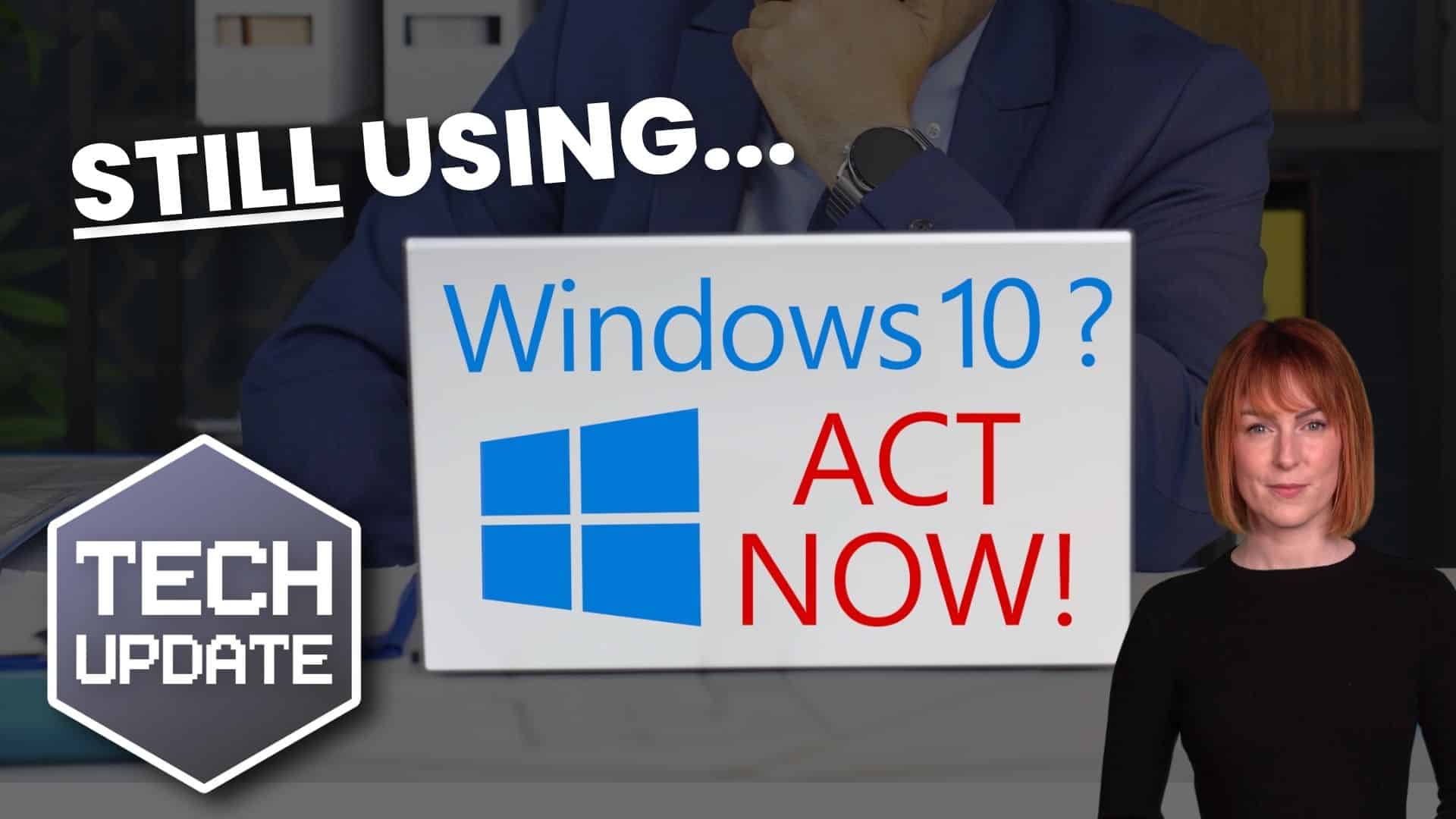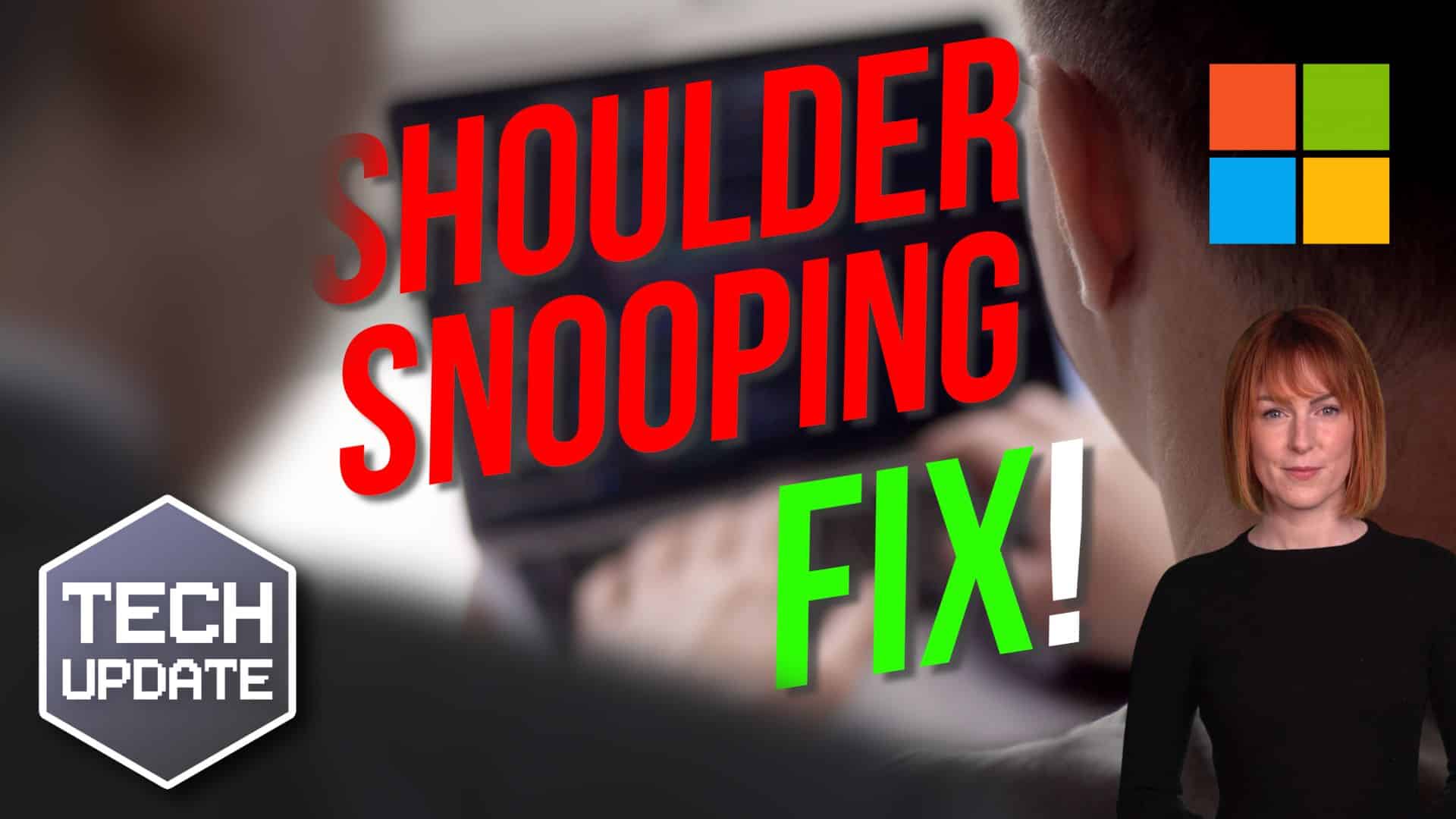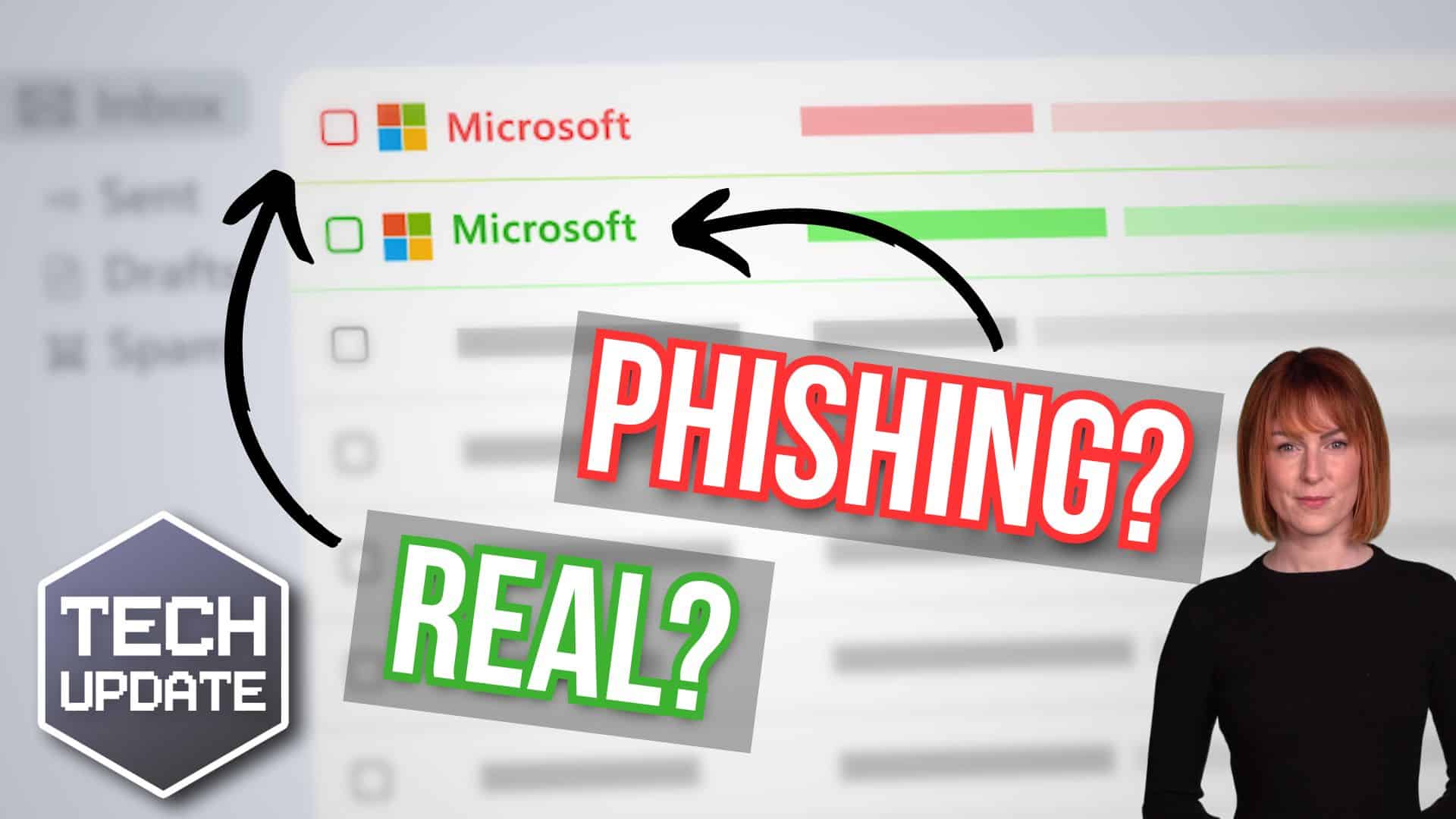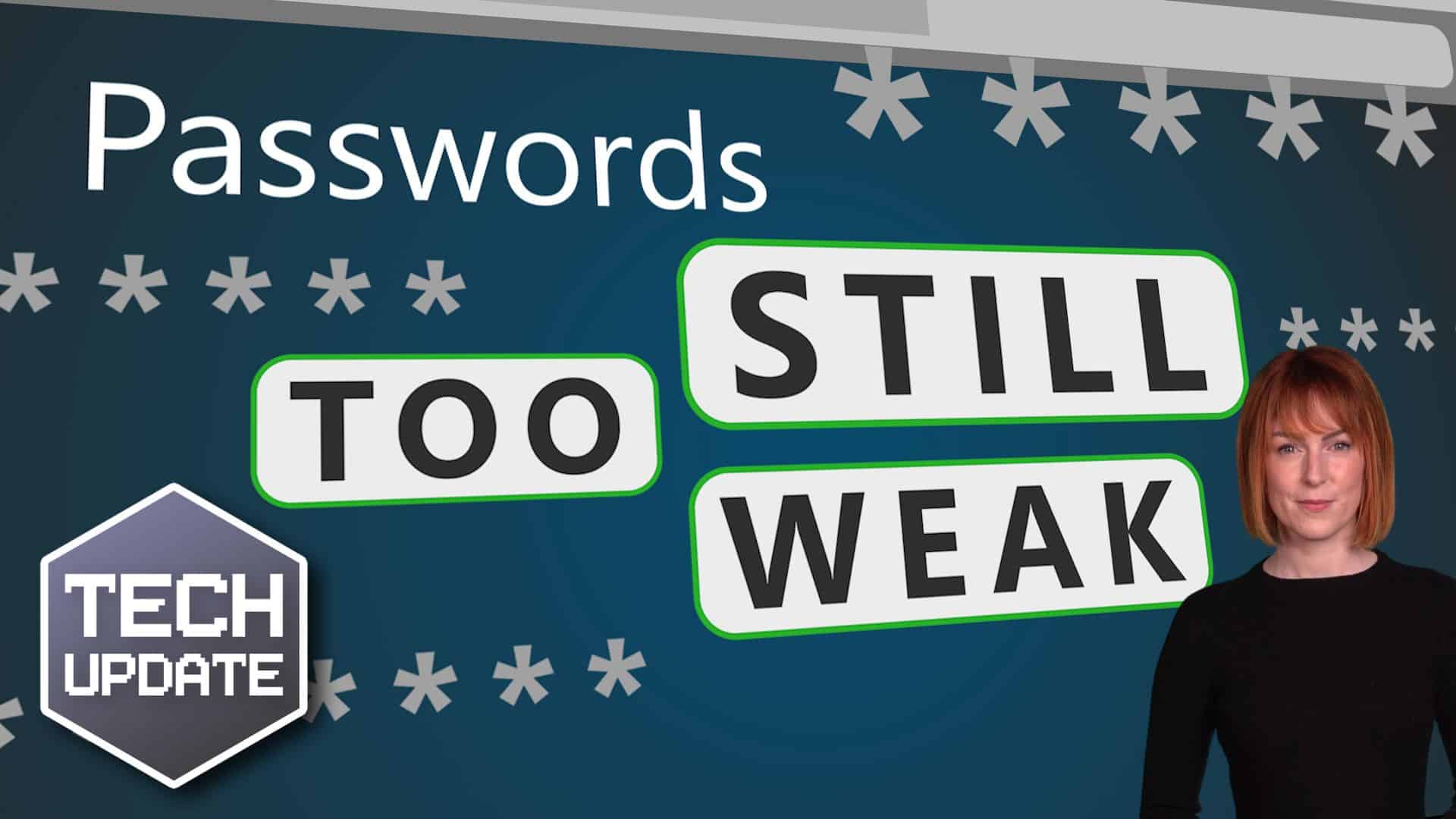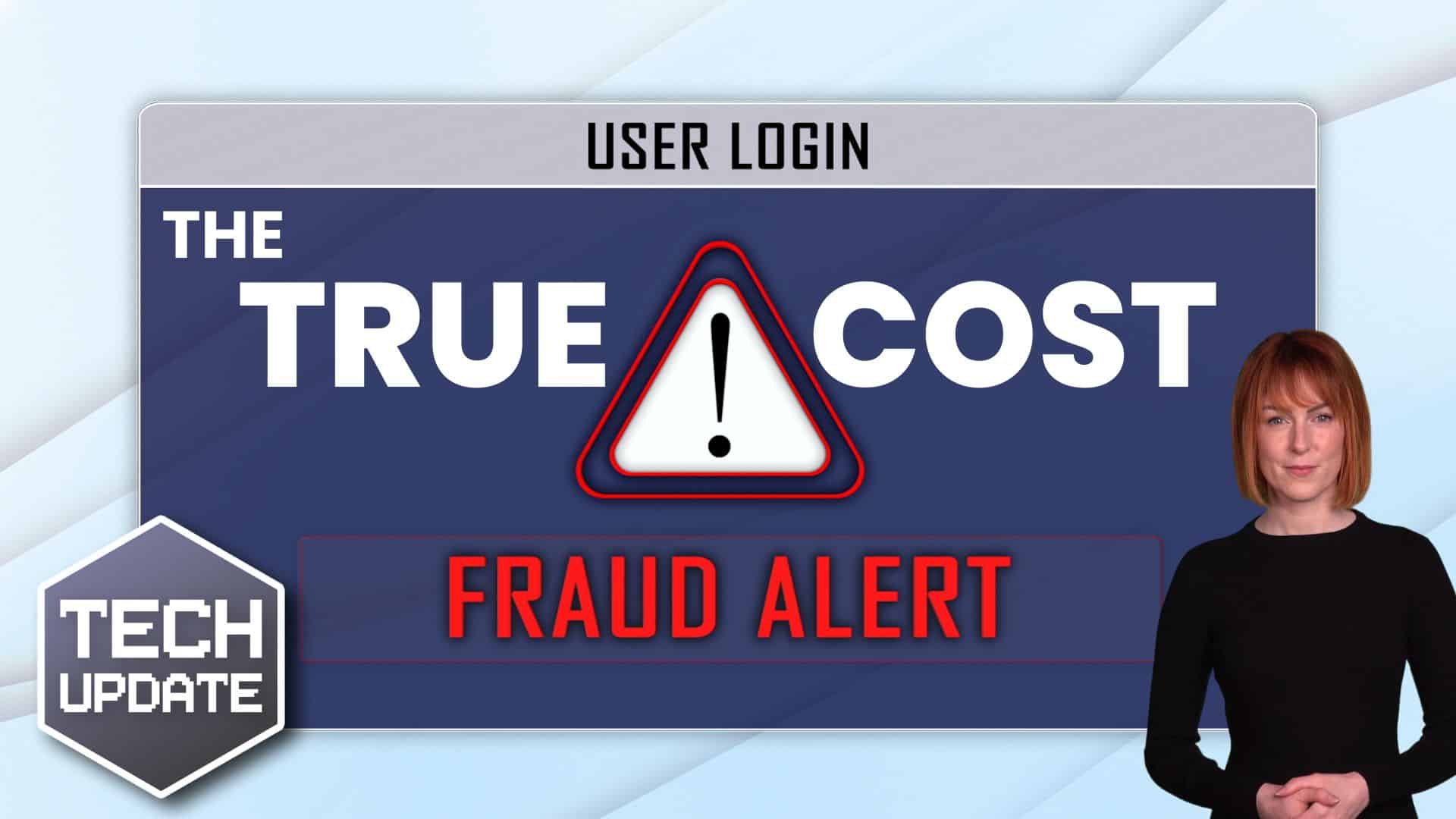Table Of Contents
In today’s world, 24/7 IT monitoring and technical support are no longer a business differentiator; they’re essential for protecting your network in real time so it’s always there when you need it most.
Cybercrime comes in many forms today. From ransomware to phishing email scams to straight-up identity theft to larger-scale network attacks there are a myriad of ways that criminals test your network’s mettle.
Cybercriminals don’t sleep, and neither should your network defences. If your IT team or Managed Service Provider (MSP) hasn’t yet implemented some form of 24/7 monitoring and IT network support services and activity, now’s the time. Although the term suggests a singular service, a 24/7 monitoring and support platform can vary substantially from one company to another.
In fact, some companies may not need 24/7 support. Take a start-up, for instance. As they work on building their business’ foundation with making sure their network is properly structured and working out any bugs in the development of their business, an all day and night IT support department may be an unnecessary expense.
Now, once their company has been established and worked out the bugs of their business model, then having 24/7 support will start to make sense, particularly if the model requires direct sales or anytime interaction with the end user – their valued customers.
When that time does arrive, there are a variety of forms of around-the-clock monitoring and support solutions to better equip any business to evade the next cyberthreat.
24/7 Phone and Live Support
When something goes wrong with your network, what’s your first course of action? If you don’t know exactly who to call when a network issue arises, spending time figuring out the next step can quickly result in lost revenue, missed opportunities and unhappy customers.
If you’re truly prepared for the next cybersecurity incident, you already know exactly who to call with the confidence that a human voice will answer the phone to resolve the issue quickly. Even better, with the right MSP, your IT provider will call you when they detect a network abnormality before you may even realise anything has gone wrong.
The importance of IT and Customer Service cannot be understated. Making sure your network is up and running at all hours will yield consumer confidence in your product or service. That aspect will only improve your online position within the community and bolster your reputation to spread your business through positive word-of-mouth (or keyboard).
“When trying to decide between managed IT service providers, an excellent place to begin is by clarifying the level of 24/7 monitoring the company offers and the level of monitoring you need.”Carl Hamilton, CEO of Hamilton Group, a Harrogate-based IT services agency. “At Hamilton Group we offer everything from basic system monitoring to full security log analysis and monitoring and network traffic monitoring, of course at an additional cost. Finding the right fit for your company based on the risks and associated costs is key.”
Those, he says, are the key questions every business should be asking when it comes to their IT department, whether in-house or out.
Cyber Attack Monitoring
Cyberattack monitoring can take a variety of forms, but this is most frequently what MSSPs are referring to when they promote their 24/7 monitoring services. While these monitoring tools rarely involve a live human sitting behind a computer continually keeping an eye on your network, they do require a human element called a SOC (Security Operations Center).
Instead of a human manually scanning network traffic and logs, an automated software or hardware platform, generally known as a SIEM (Security Incident Event Monitoring) continually analyses traffic patterns at a rate no human could while measuring them against real attack data to pinpoint any potentially malicious activity.
When these automated systems detect malicious abnormalities, they then alert network administrators and your MSP team of the potential attack. From there, a group of cyber security experts can determine if the anomaly is indeed a threat and take corrective action as needed. In the event of a false flag, network operations continue as usual. In the event of a malicious attack, however, your network security team can stay one step ahead of cyber criminals throughout the cyber attack lifecycle.
Threat Intelligence
In order to ensure the effectiveness and reliability of your cyber security platform, your defense strategies are rarely a set-it-and-forget-it solution, especially as automated cyberattacks have become the next big threat. As we come up with new ways to protect networks from malicious actors, they come up with new ways to circumvent those defences. Therefore, a stagnant network security platform is dangerous to your organisation’s privacy and operations.
Threat intelligence begins with an understanding that in order to prevent or mitigate the risk of a cyberattack, your organisation needs to take proactive measures that respond to the ever-changing cyber security landscape. Threat intelligence doesn’t merely involve a specific software program, piece of hardware, or network security policy; rather, it’s a broader approach to understanding your system’s strengths and weaknesses.
As a result, a threat intelligence platform involves weighing the context, threats, industry risks, hardware advances, software platforms, and your internal culture to develop cyber security policies that continually solidify network security.
Intrusion Prevention Systems
In a previous post, Hamilton Group, a Harrogate-based outsourced managed service provider, clarified the differences between an Intrusion Prevention System (IPS), an Intrusion Detection System (IDS), and antivirus software while explaining why all three are vital to network security.
As part of a comprehensive 24/7 cyber security monitoring solution, an IPS protects your internal network from external threats. Acting as an additional layer of defence behind your firewall, an IPS connects with a global threat database to continually monitor network traffic before it gains entry into your system. An IPS acts as a proactive network monitoring tool that turns away potential network threats before they have an opportunity to do any damage.
Intrusion Detection Systems
Unlike an IPS, an IDS works retroactively. If a network threat makes it past an IPS, an IDS then works to identify and contain the threat before it can do more serious damage. While an IPS works to avert threats altogether, an IDS usually comes into play to mitigate how much damage a network breach can do.
Although you can deploy an IPS without an IDS and vice versa, they operate best when working in conjunction. When your IPS successfully denies a malicious attack, your IDS doesn’t have to do anything.
When your IPS misses an attack, your IDS then kicks in to clean up the mess. Figuring out which option is best for your needs begins with clarifying a budget, calculating the likelihood of an attack, and determining the specific threats most likely to target your network.
As the Internet never sleeps neither should your company’s IT department. Even if it’s not human monitored around-the-clock, having the proper protocols and software in place to alert those in charge of quick fixes will save a company’s time, money and frustration of losing business over that which could have been prevented.
If you would like more information, contact us on 01423 438953, fill out our form or book an appointment.
Get In Touch
Need expert IT assistance? Contact Hamilton Group today! Our specialists offer top-notch solutions tailored to your needs. Don’t let tech troubles hold you back.
Talk to us about your business 0330 043 0069
Or E-mail hello@hgmssp.com and one of our experts will get back to you.
Schedule A Quick Callback
The fastest way to figure out if we’re a good fit for your business is to have a quick chat about it. Schedule a 15-minute call so we can get right to the point.
Proactive, Responsive, Hamilton Group
Grab a drink and let’s have a quick chat about your business, and see how we can help you.
Book your call below or call us on 0330 043 0069


Carl Hamilton
A Message from our Founder/CEO
“We treat every client as if they were a part of our business to provide quality and comprehensive IT support that can be counted on 24/7, 365 days a year. We succeed only when you succeed.”
Let’s work together
IT Support You Can Trust
The best IT Support in Harrogate is also delivered across the UK 24/7 and we are ready to help you with all your Managed IT service needs. Services are provided in areas including Leeds, Liverpool, Manchester, Wakefield, Wetherby, York, Newcastle, Bradford, Bolton, Glasgow, Wigan, Derby, London, Luton, Birmingham, Sheffield, Peterborough, Portsmouth, Reading, Nottingham, Milton Keynes, Telford, and more.
Talk to us about partnering with an IT Support Company that cares
Move your business forward not back with HG.
Same Day Call-back.
Monday – Friday 09:00 – 17:30.
“Our email wasn’t performing very well so we asked Hamilton Group to take a look & Carl proposed to migrate us to MS Exchange.
Carl was very helpful throughout & the migration went very well.
He was on hand to sort out any teething issues, taking calls early morning & into the night, to ensure we were up & running smoothly.
Would recommend for knowledge, attention to detail & great customer service.”
Ian Porter
Fotofabric Limited



